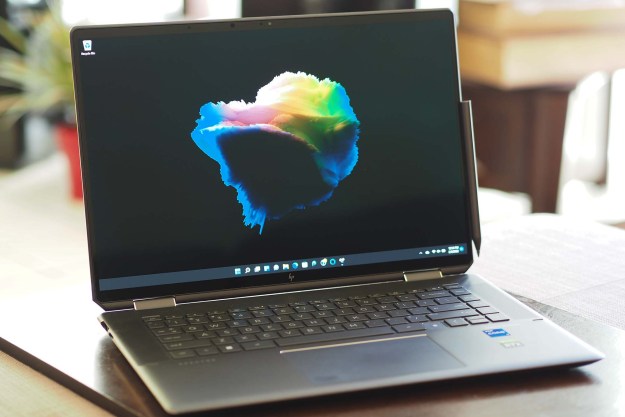
Seven cities and counties in Colorado have decided to take measures into their own hands, passing a vote Tuesday to allow their local governments to enter into the high-speed Internet business. In other words, residents voted to free themselves of the monopoly that various ISPs have attempted to create (or successfully created) in various locales. Instead, cities like Boulder and towns like Yuma, Wray, and Red Cliff (to name a few) took advantage of a provision to a 2005 Colorado law that allows voters in a county or city, by a majority vote, to override prohibitions that would otherwise prevent a local government from offering telecommunications services.
Got it?
The vote doesn’t necessarily mean that said municipalities are going to suddenly start deploying high-speed Internet; it’s just that they now could, if they chose to do so.
“Our ultimate goal is to drive price down and drive service up for our county” said Rio Blanco County IT director Blake Mobley, in an interview with KUNC. “As with much of rural America, if you wait for the large incumbents like CenturyLink and so on to come in, you may wait indefinitely,” he later added.
According to the Daily Camera, the city of Boulder has approximately 100 or so miles of high-speed fiber-optic networking it could use for new Internet connectivity for its residents. Only it was forbidden from doing so prior to the passage of the ballot measure that gave the city the right — the ballot measure that passed with 83.5 percent of voters supporting it, we note.
“We campaigned to pass Boulder’s Broadband Item 2C because we believe it is critical to maintaining our city’s competitive edge as a hub of innovation,” said Boulder Chamber CEO John Tayer, in a press release. (Boulder Chamber is a business support and advocacy group in the city.)
“Securing the authority to provide ultra-highspeed broadband to residents and businesses opens the door to explore options for public private partnerships and makes an existing high value asset available to bring Boulder in line with other innovation hub cities,” he added.
Editors' Recommendations
- Broadband internet just got redefined — again
- Biden unveils $42 billion broadband internet plan
- Internet guerrillas: Inside the DIY broadband revolution with NYC Mesh
- AT&T becomes ‘un-ISP’ of fiber internet with Hypergig plans
- An old TV crashed an entire village’s broadband for 18 months


